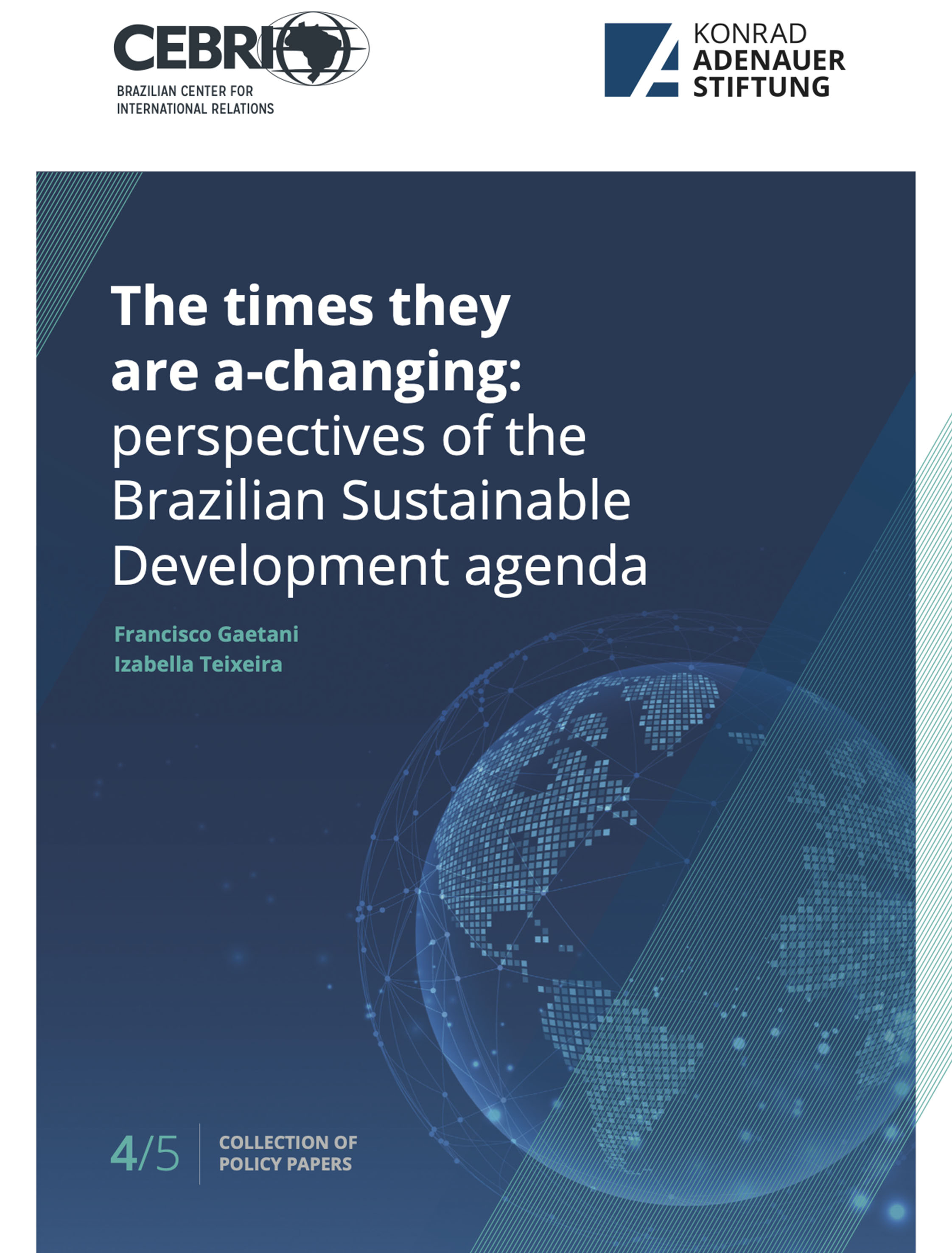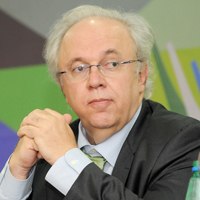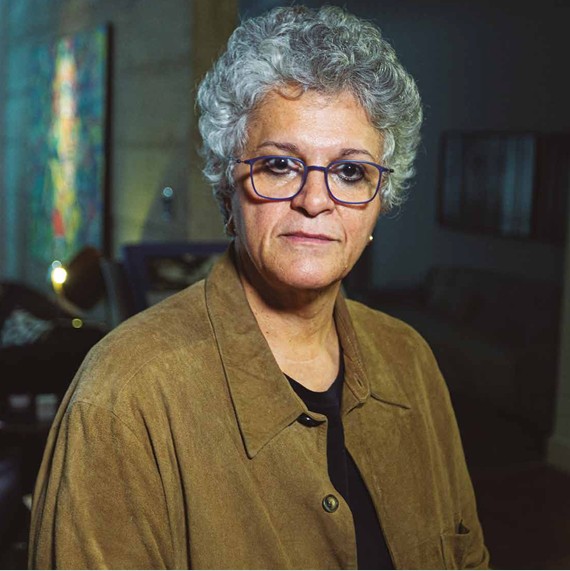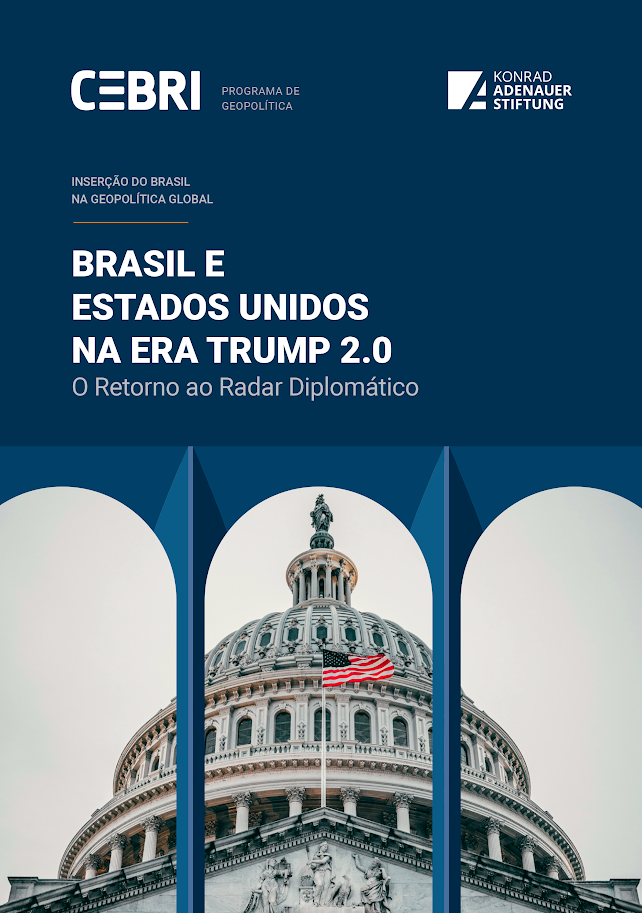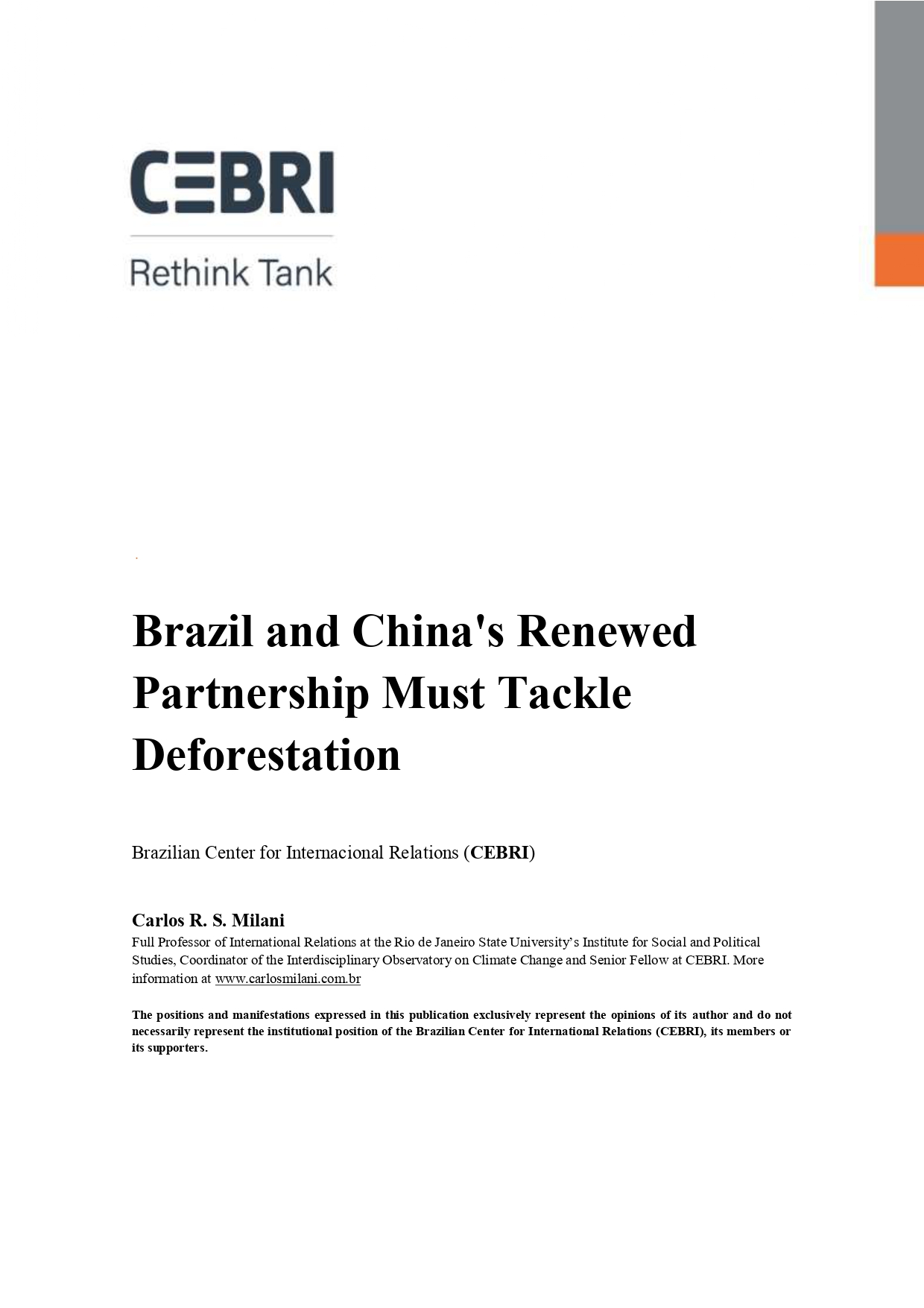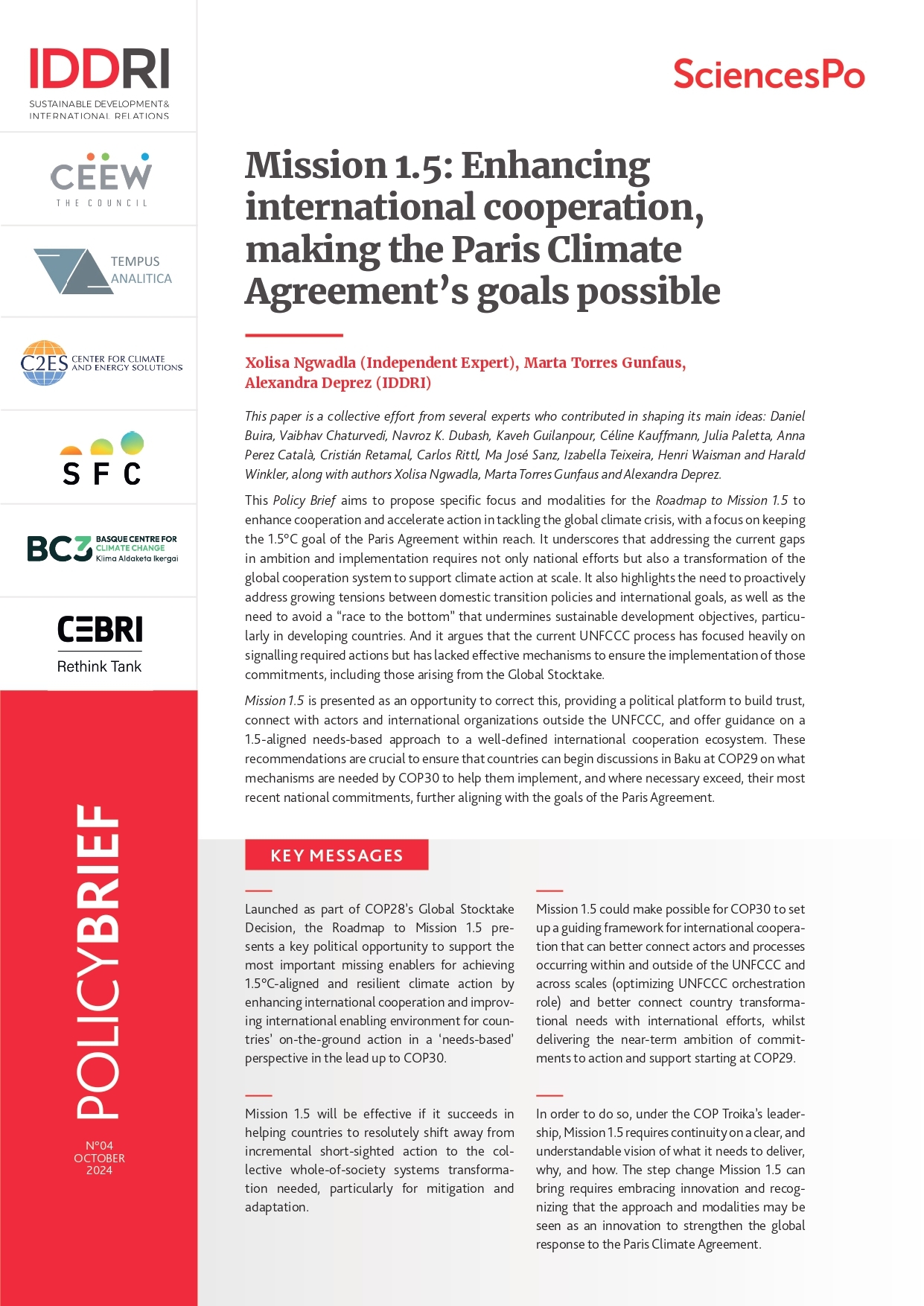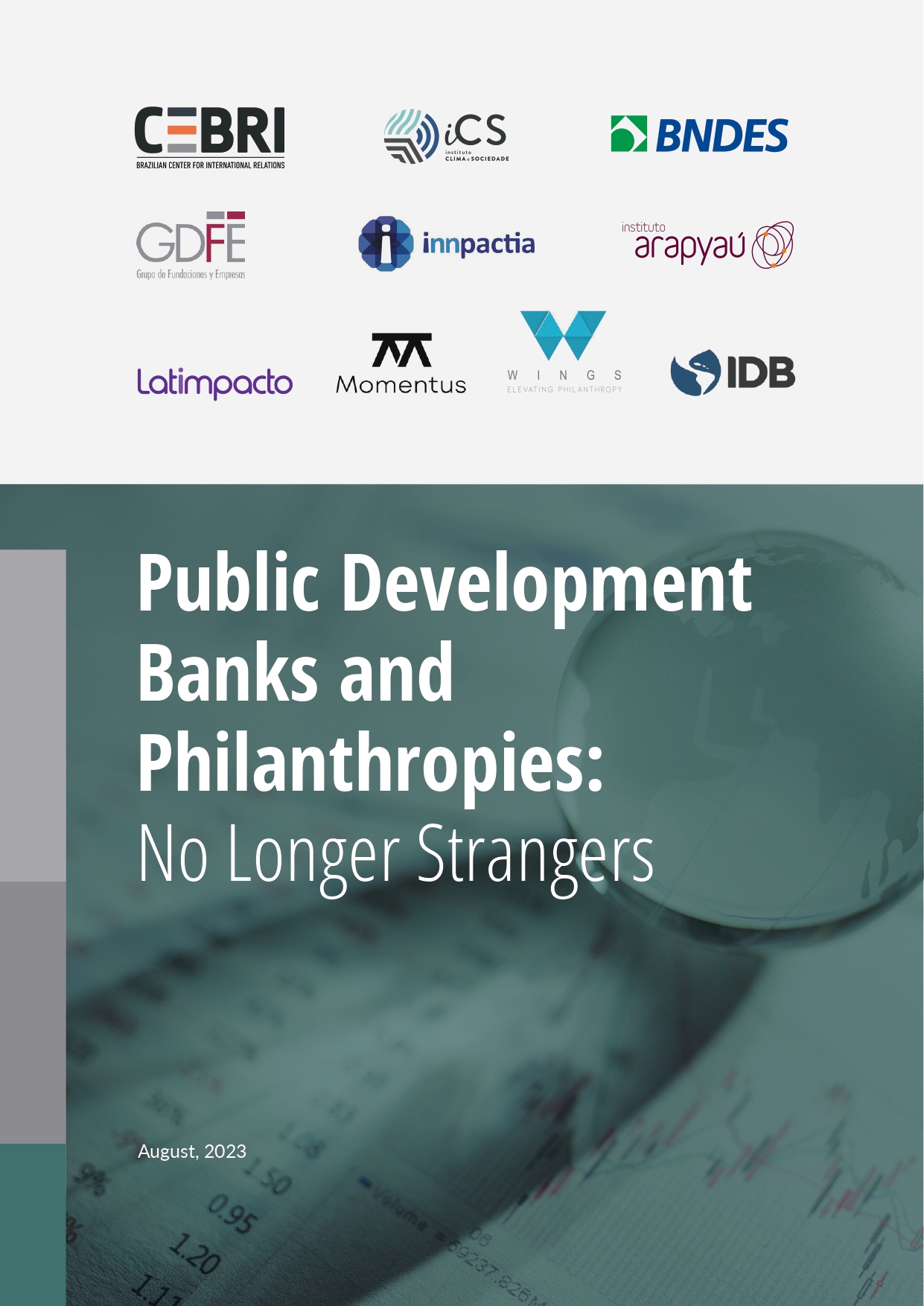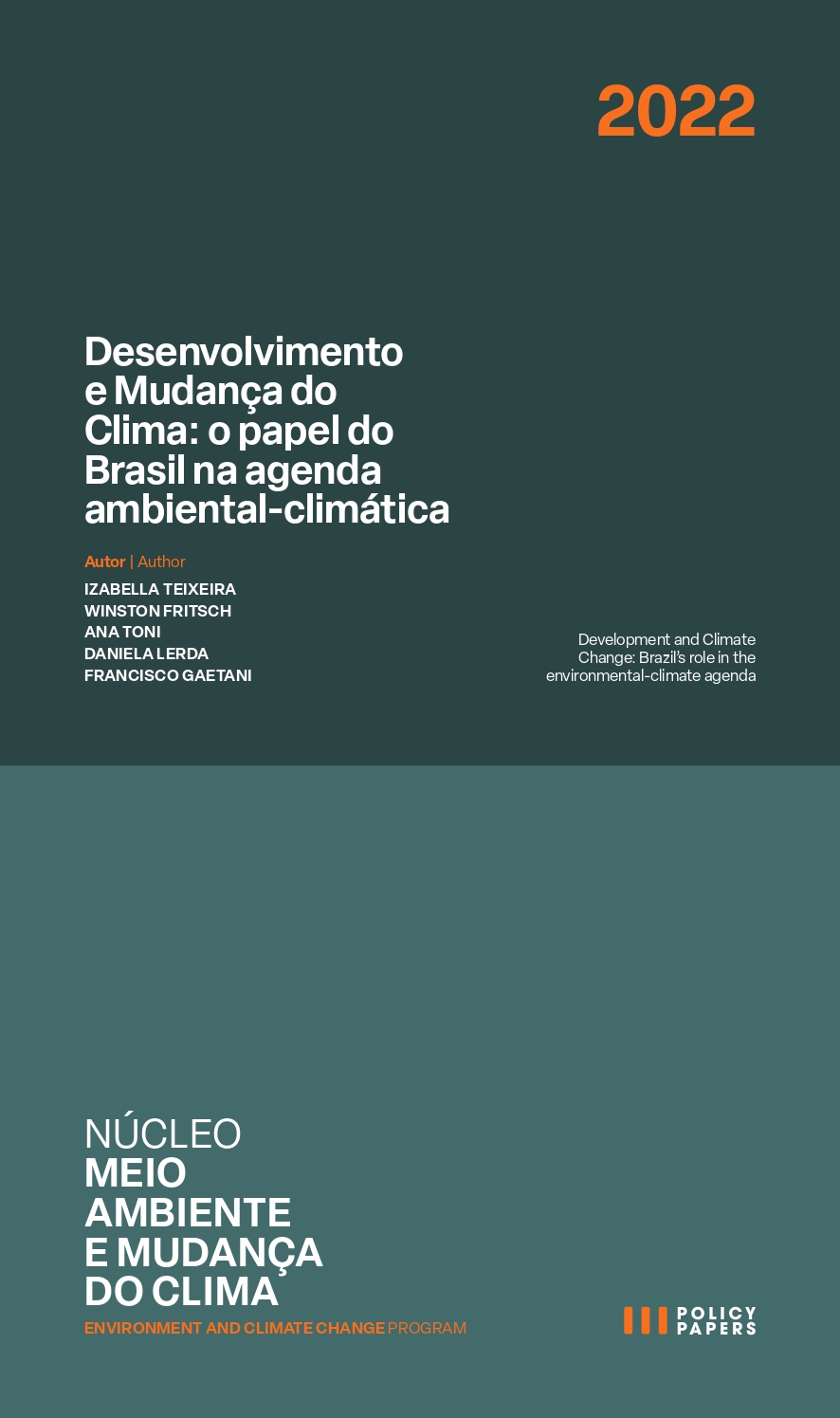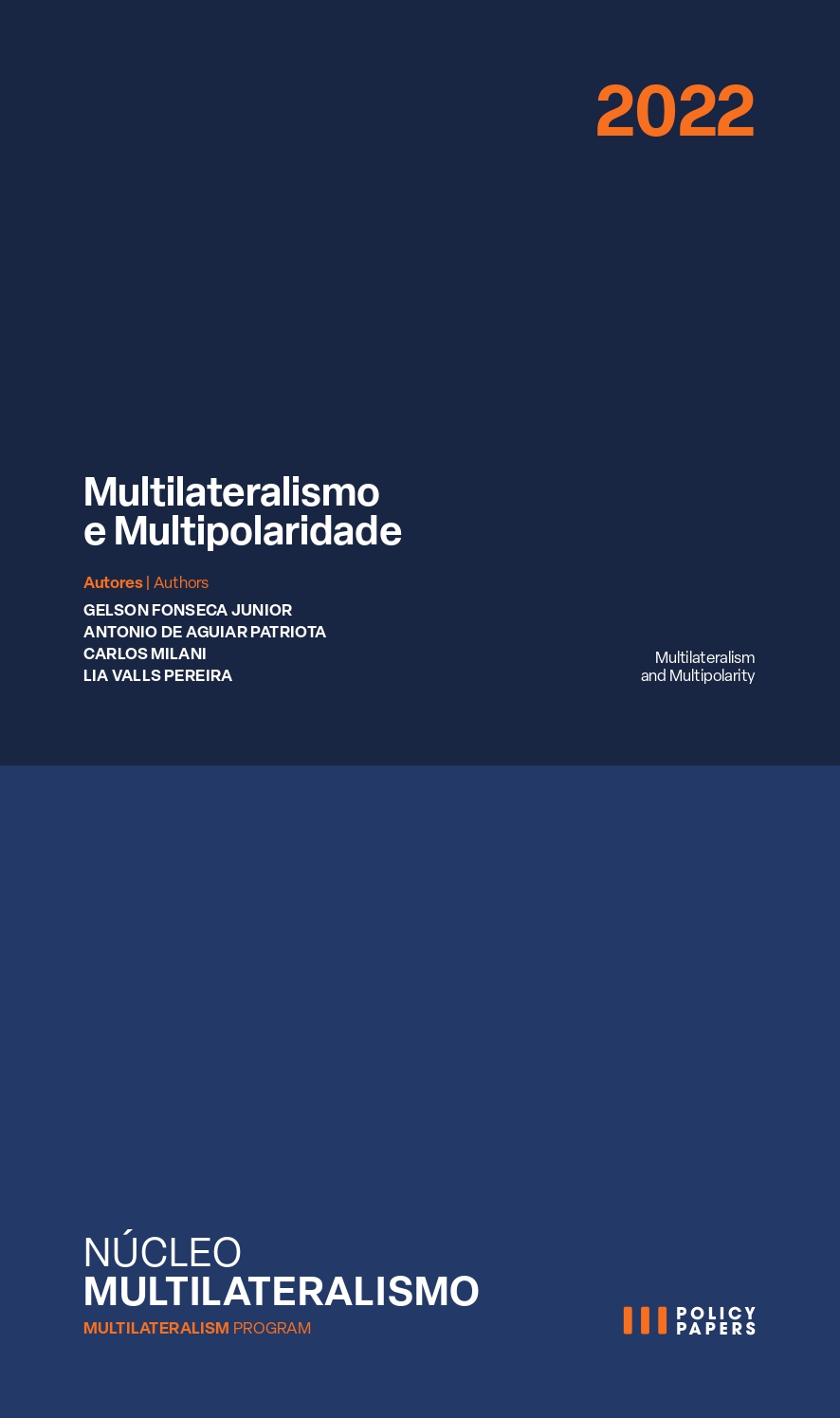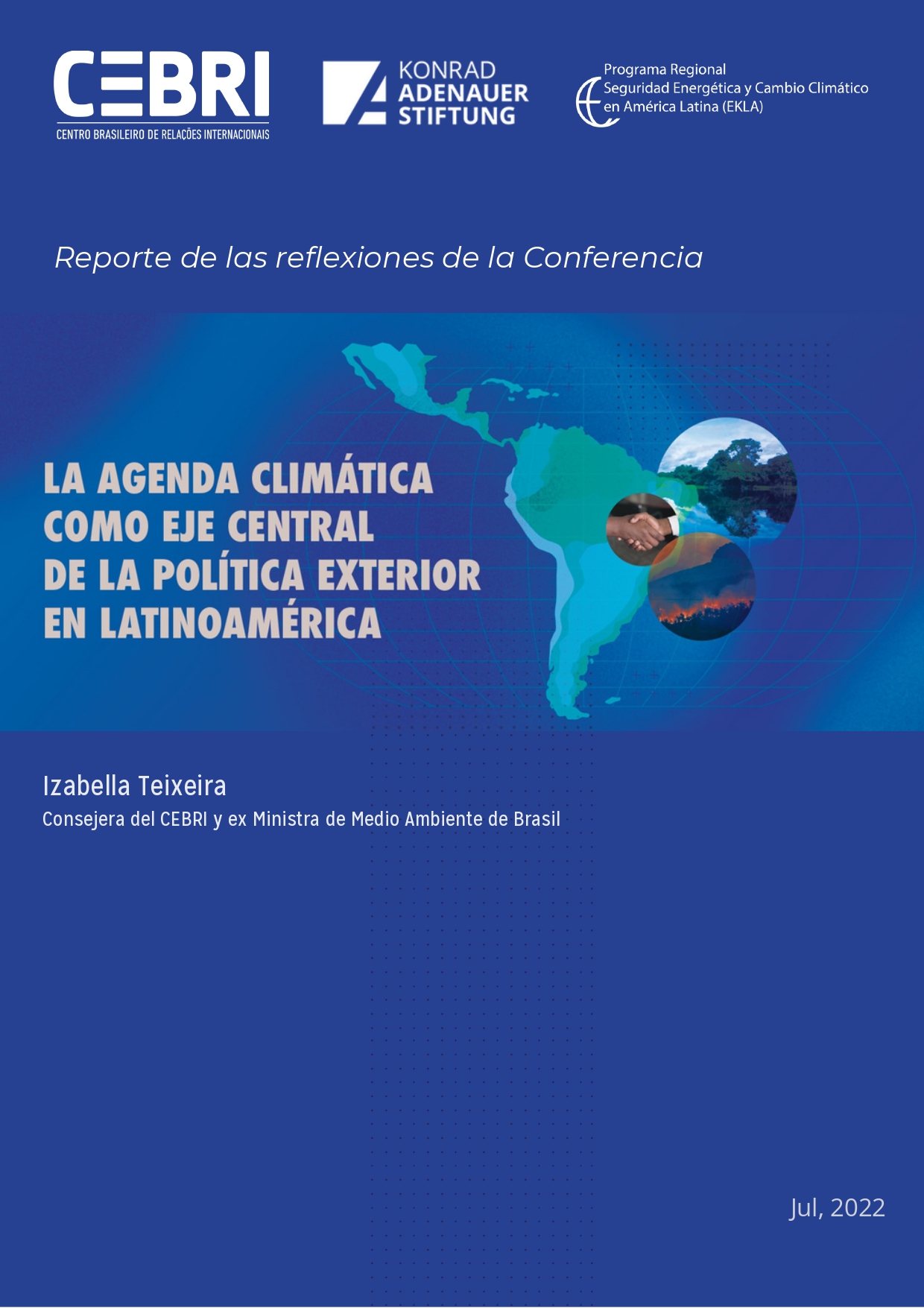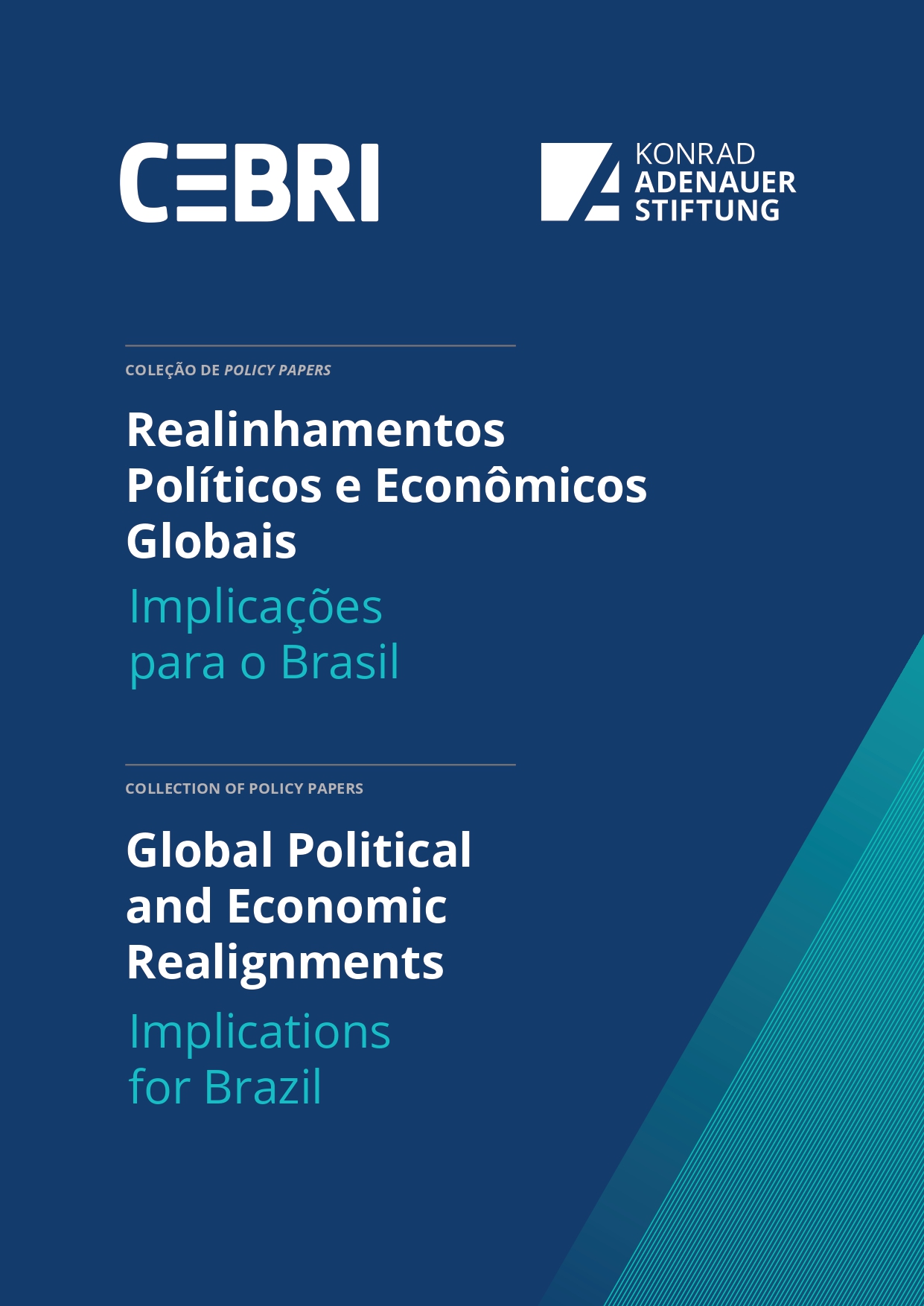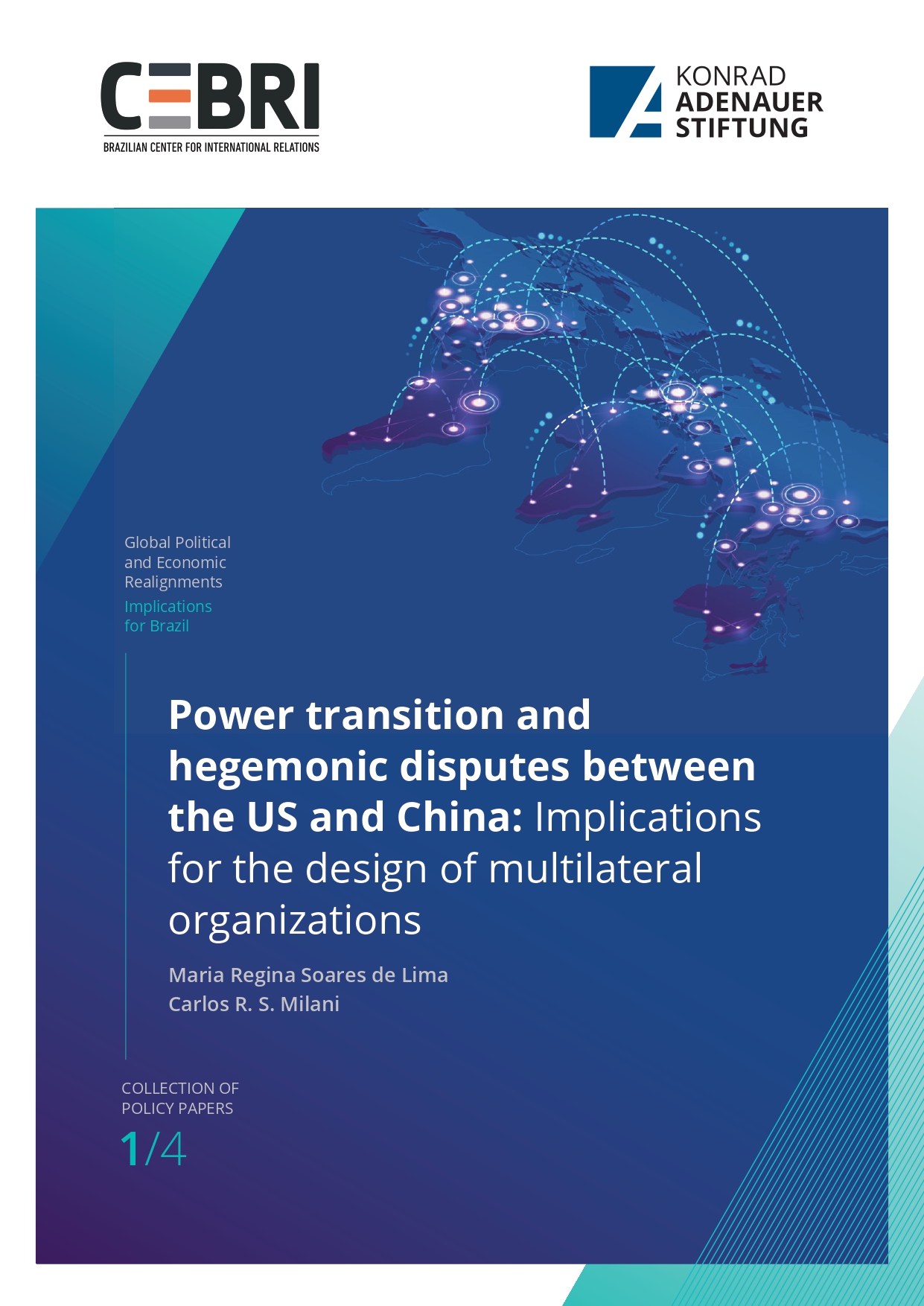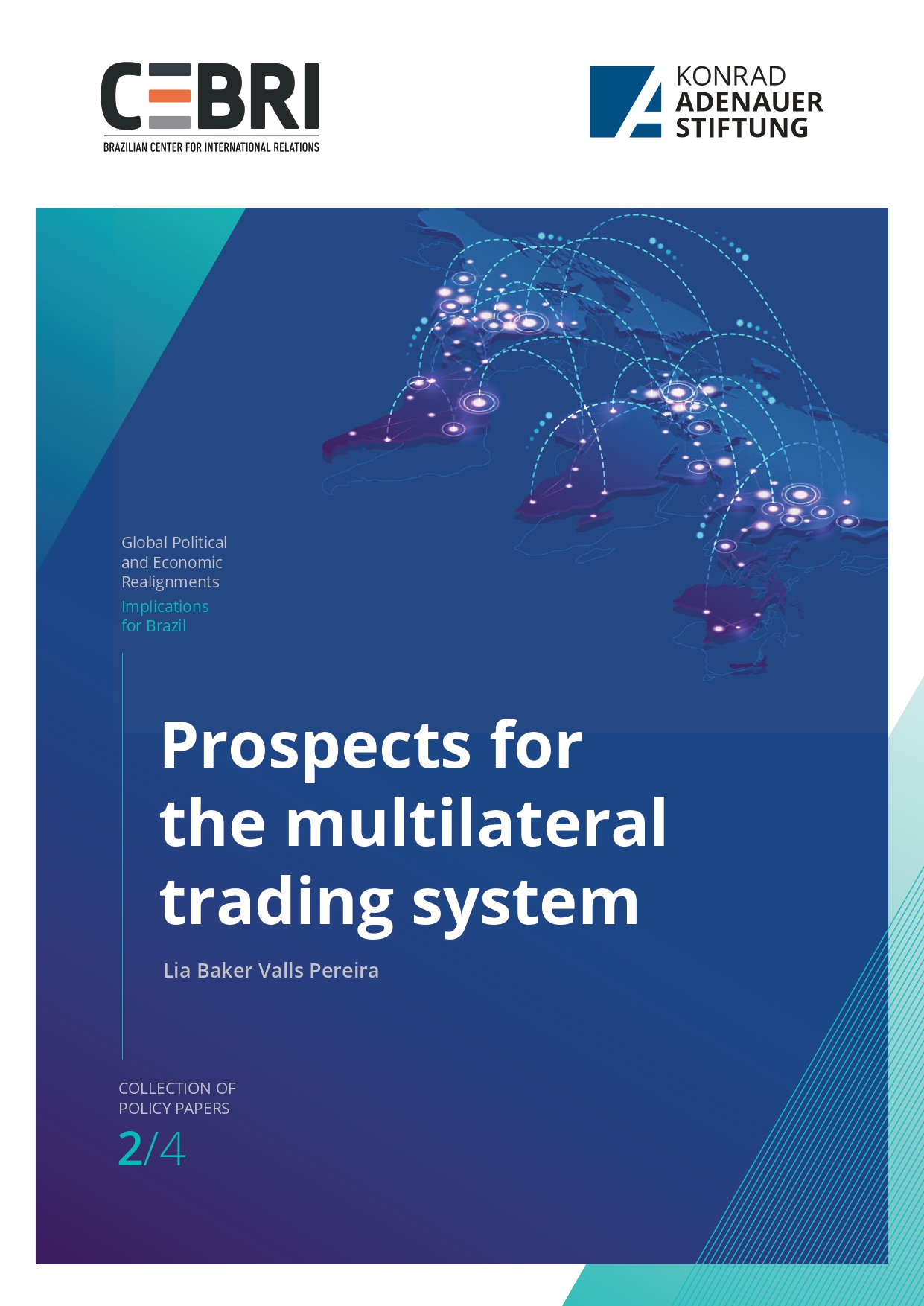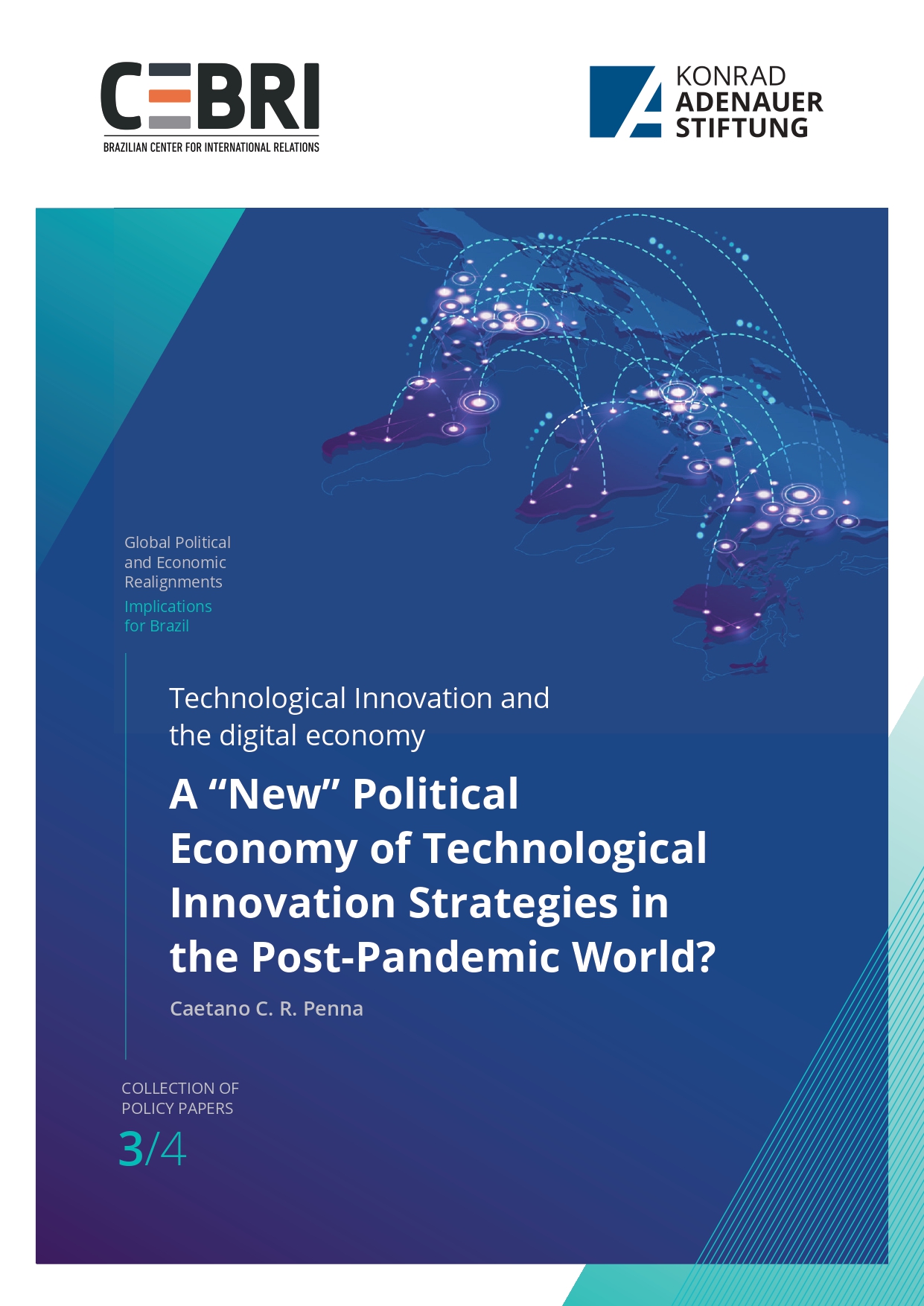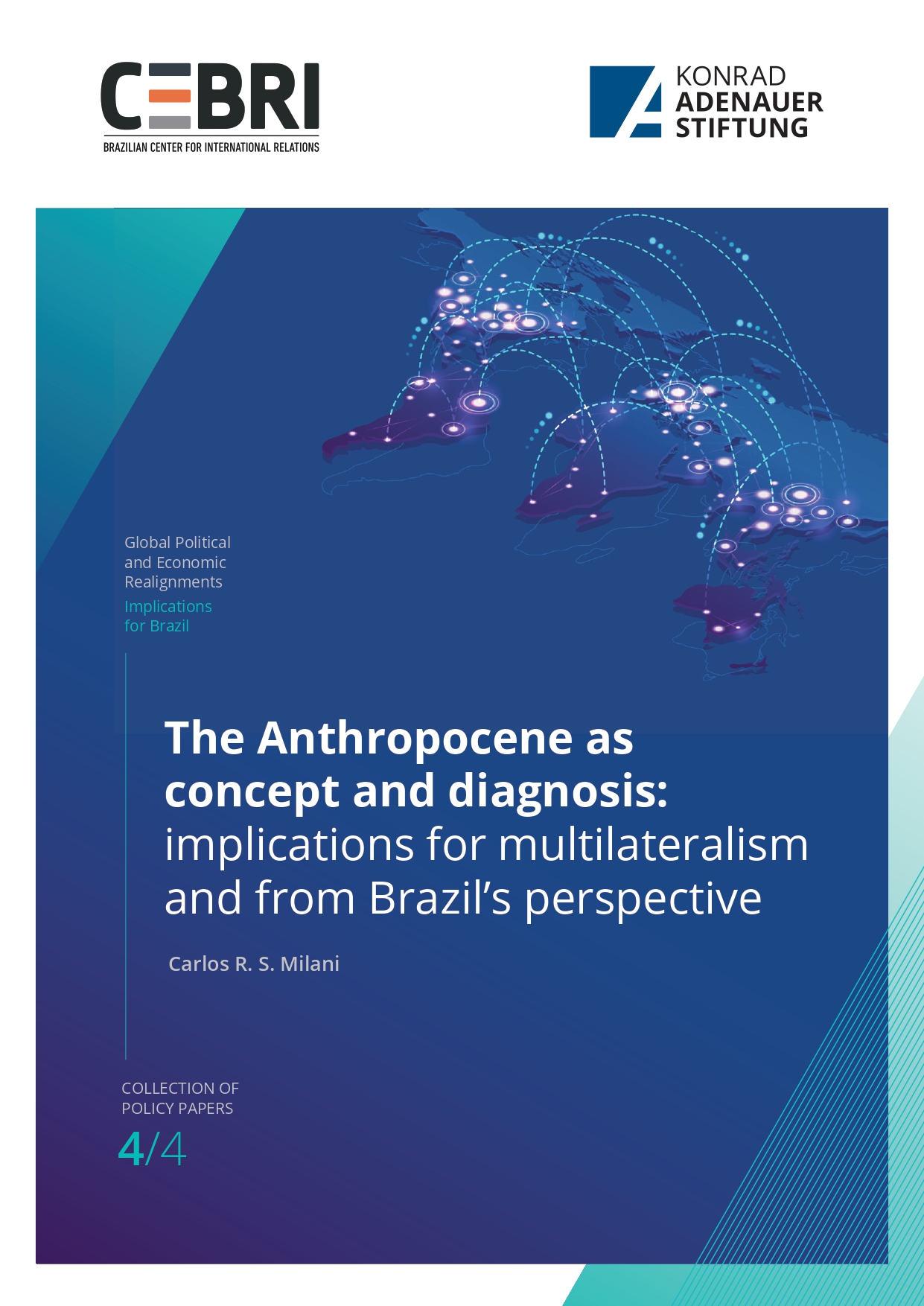Policy Papers
The Times They Are A-changing: Perspectives of the Brazilian Sustainable Development Agenda
- Environment
- Multilateralism
- 31 december 2020
International Politics: Reorientation of Multilateralism in partnership with the Konrad Adenauer Foundation.
The Times They Are A-changing: Perspectives of the Brazilian Sustainable Development Agenda
There is no unique route for the development world. The tensions between plural paths and the need for a convergent formula are present in all debates. There are multiple scenarios emerging from the erosion of the great post-World War II pact, and there is no obvious path forward for any major nation. The climate change imperative redefined priorities at all levels. Sustainability is no longer the monopoly of the environmental policy activist community - the era of "preaching for the converted" is over. Economy, energy, environment, digital transformation, social inclusion, climate action, and other dimensions of social life are all mixed in an increasingly complex and fragmented world. The present needs deep questioning - and action - if the current protagonists of the sustainable development agenda are to feel compelled to act to reshape it.
Francisco Gaetani and Izabella Teixeira point out that "geopolitics is changing – new countries are emerging in the global arena. The energy equation is moving from fossil fuels – expensive, dirty and cartelized - to non-fossil sources – cheaper, cleaner and open. People and societies are much more vocal. Change will come from them, not from technocratic poorly representative governments and multilateral institutions."
This policy paper analyzes the multilateral system at its current critical juncture, arguing that the global order needs a review if those who support multilateralism are to avoid another institutional earthquake in the future. The concepts of governance without government, institutional capacity, resilience, and soft power are discussed in this publication.
International Politics: Reorientation of Multilateralism in partnership with the Konrad Adenauer Foundation.
The Times They Are A-changing: Perspectives of the Brazilian Sustainable Development Agenda
There is no unique route for the development world. The tensions between plural paths and the need for a convergent formula are present in all debates. There are multiple scenarios emerging from the erosion of the great post-World War II pact, and there is no obvious path forward for any major nation. The climate change imperative redefined priorities at all levels. Sustainability is no longer the monopoly of the environmental policy activist community - the era of "preaching for the converted" is over. Economy, energy, environment, digital transformation, social inclusion, climate action, and other dimensions of social life are all mixed in an increasingly complex and fragmented world. The present needs deep questioning - and action - if the current protagonists of the sustainable development agenda are to feel compelled to act to reshape it.
Francisco Gaetani and Izabella Teixeira point out that "geopolitics is changing – new countries are emerging in the global arena. The energy equation is moving from fossil fuels – expensive, dirty and cartelized - to non-fossil sources – cheaper, cleaner and open. People and societies are much more vocal. Change will come from them, not from technocratic poorly representative governments and multilateral institutions."
This policy paper analyzes the multilateral system at its current critical juncture, arguing that the global order needs a review if those who support multilateralism are to avoid another institutional earthquake in the future. The concepts of governance without government, institutional capacity, resilience, and soft power are discussed in this publication.
